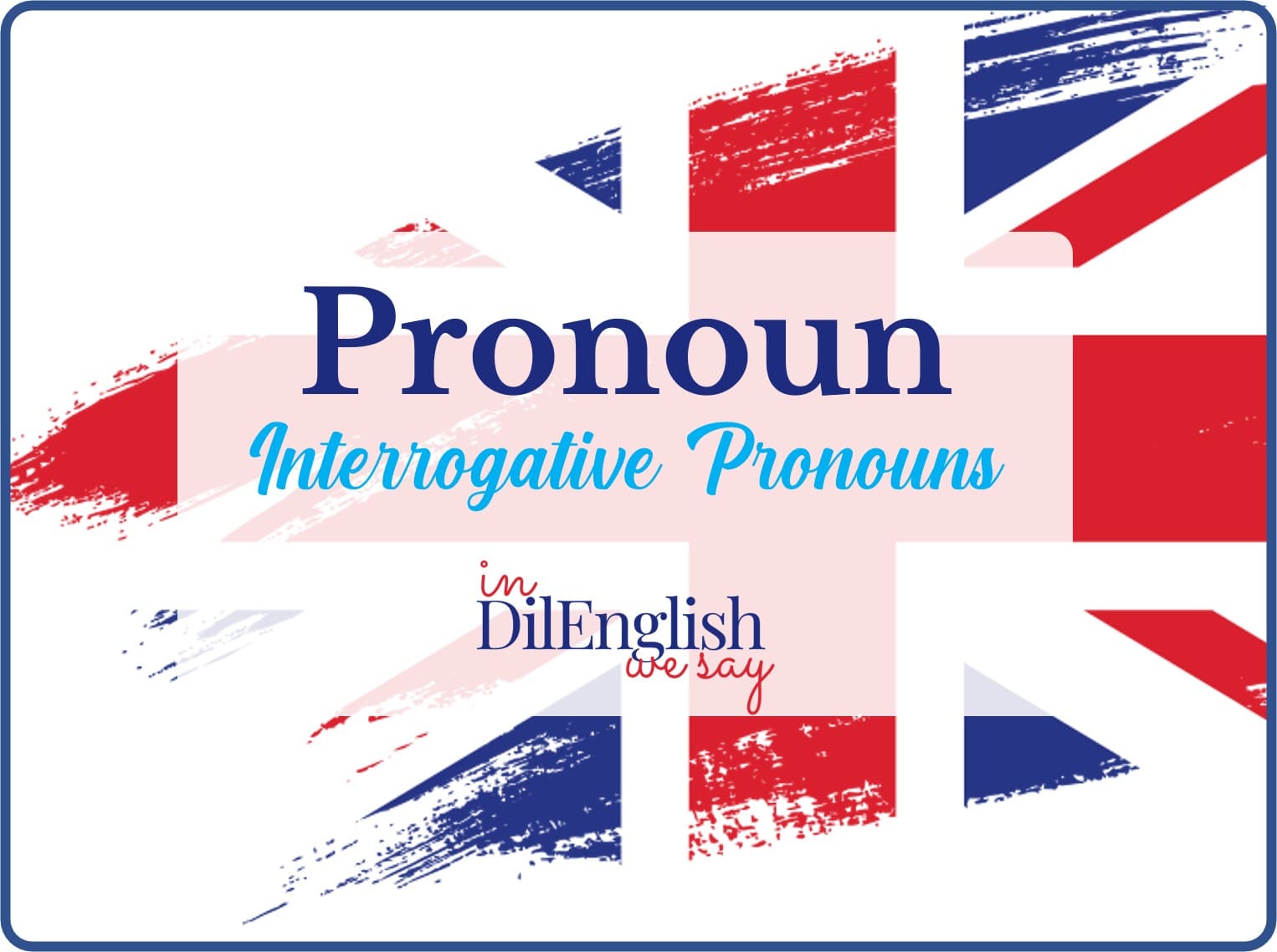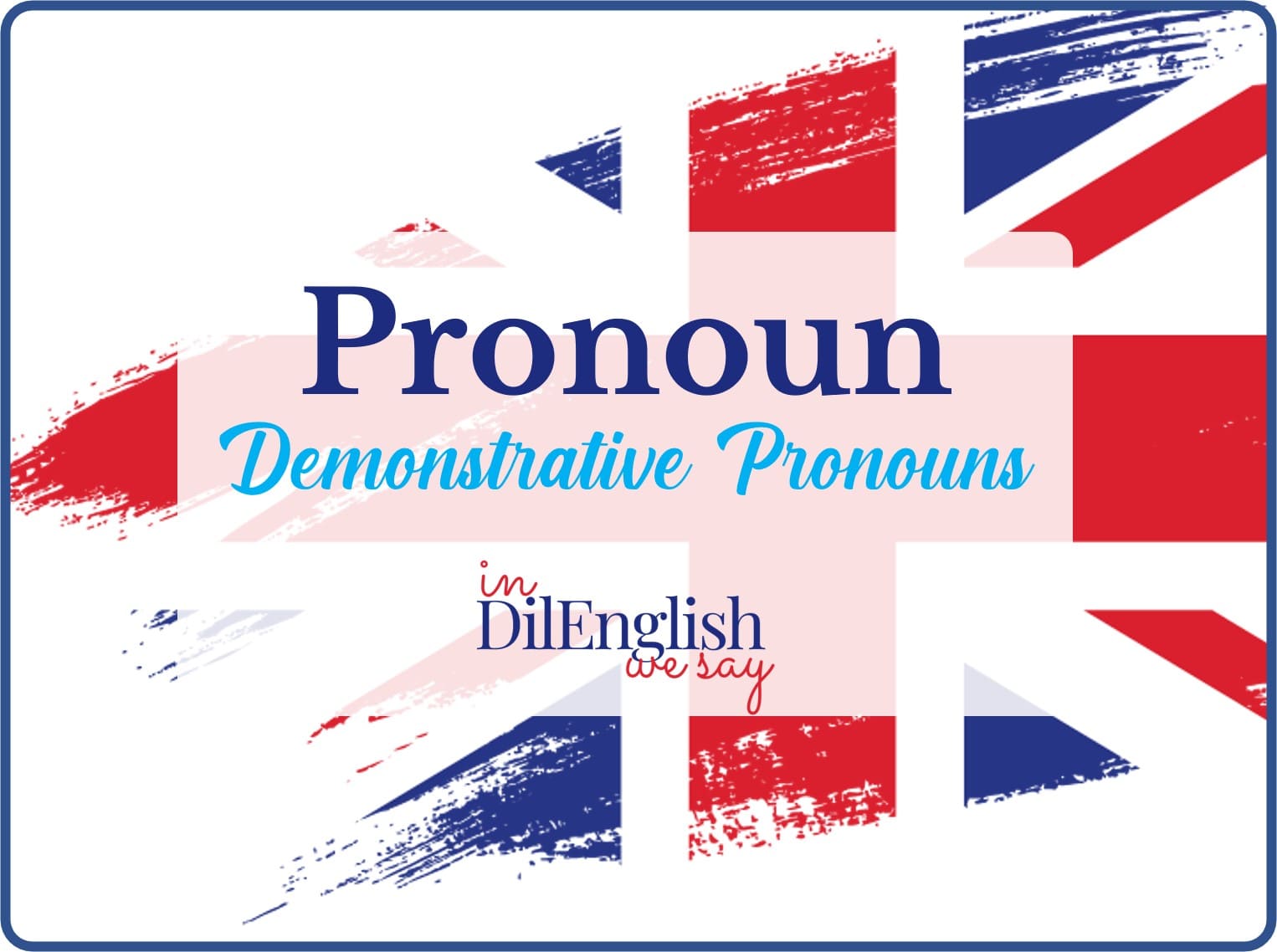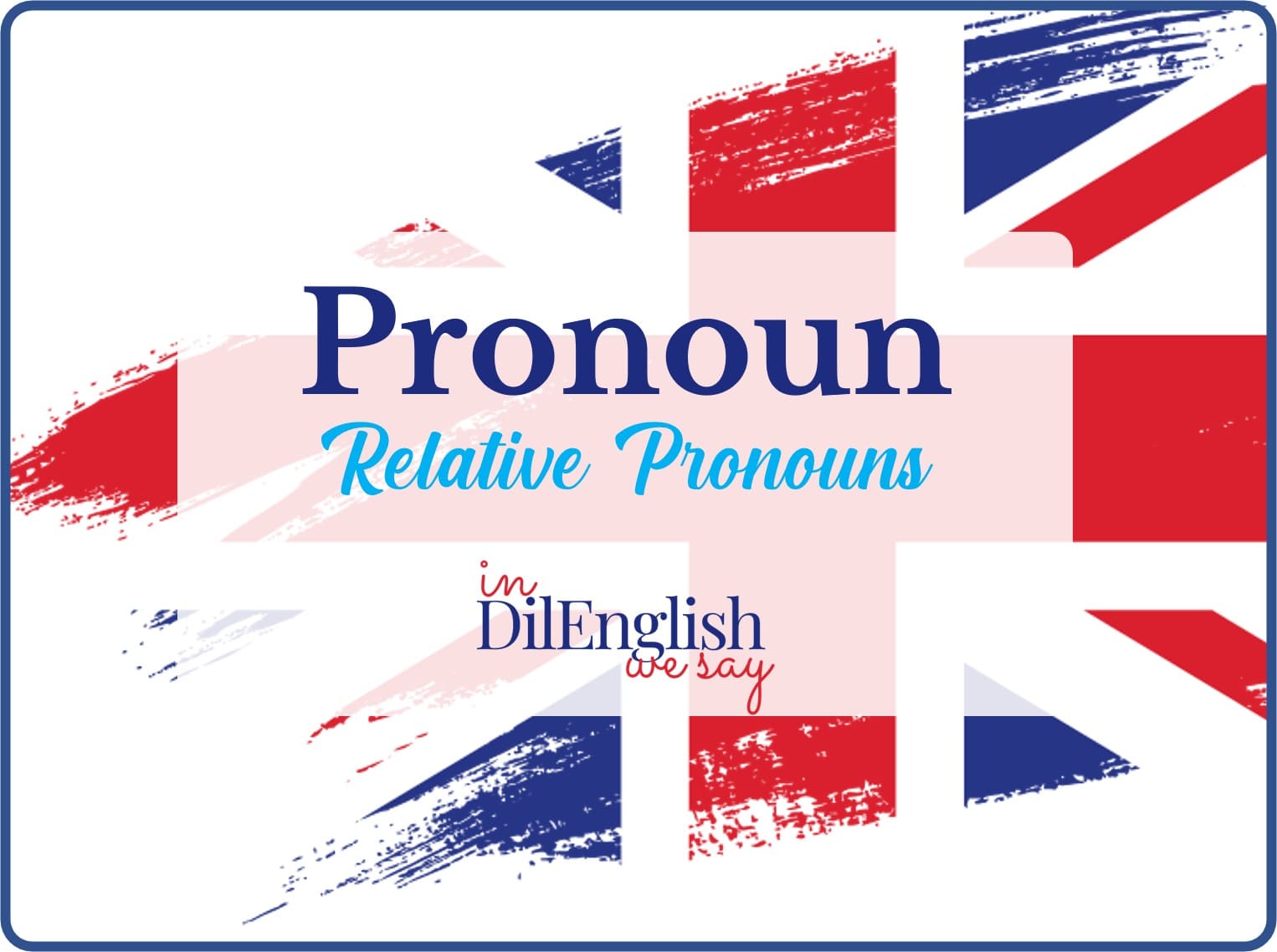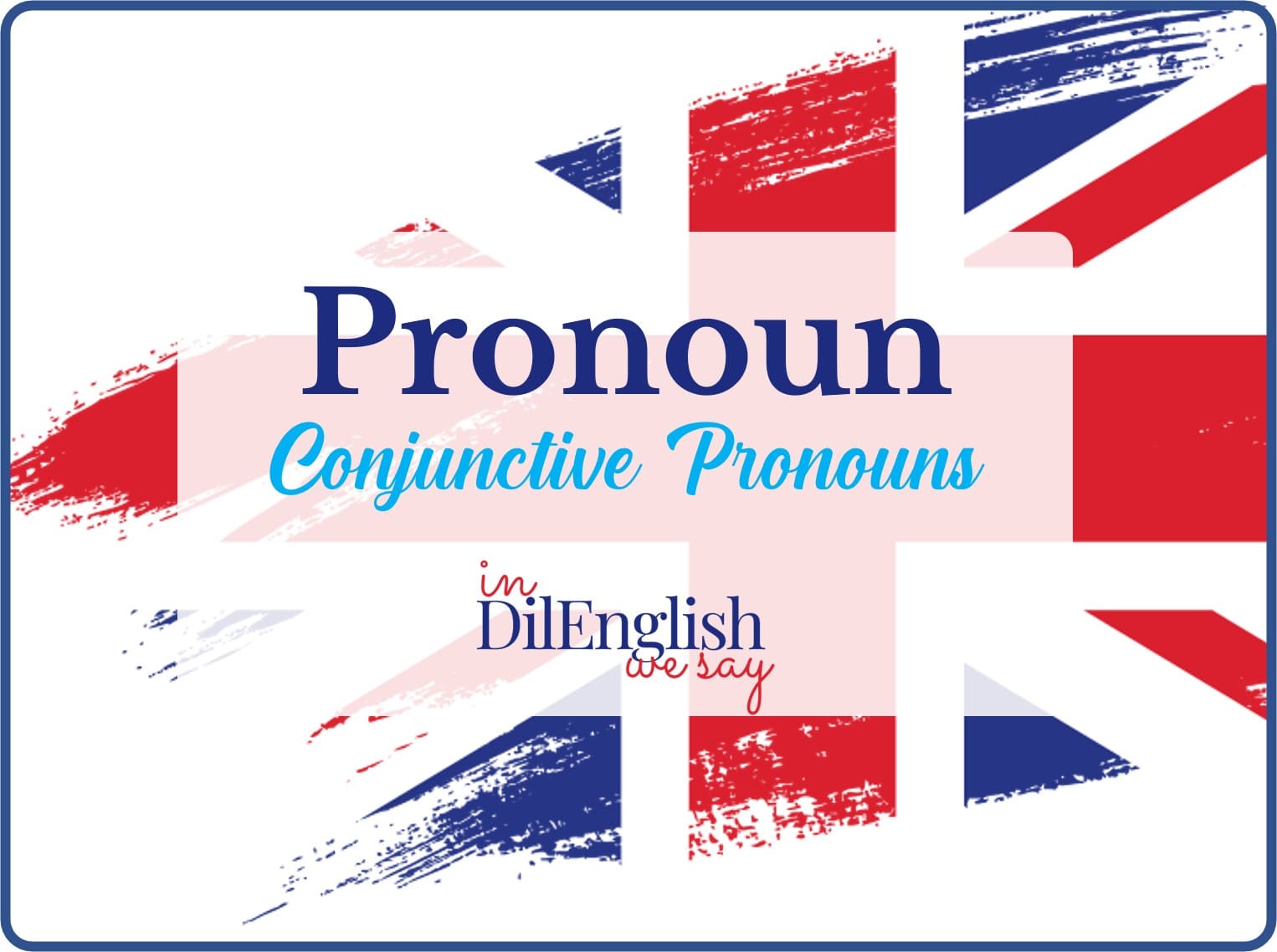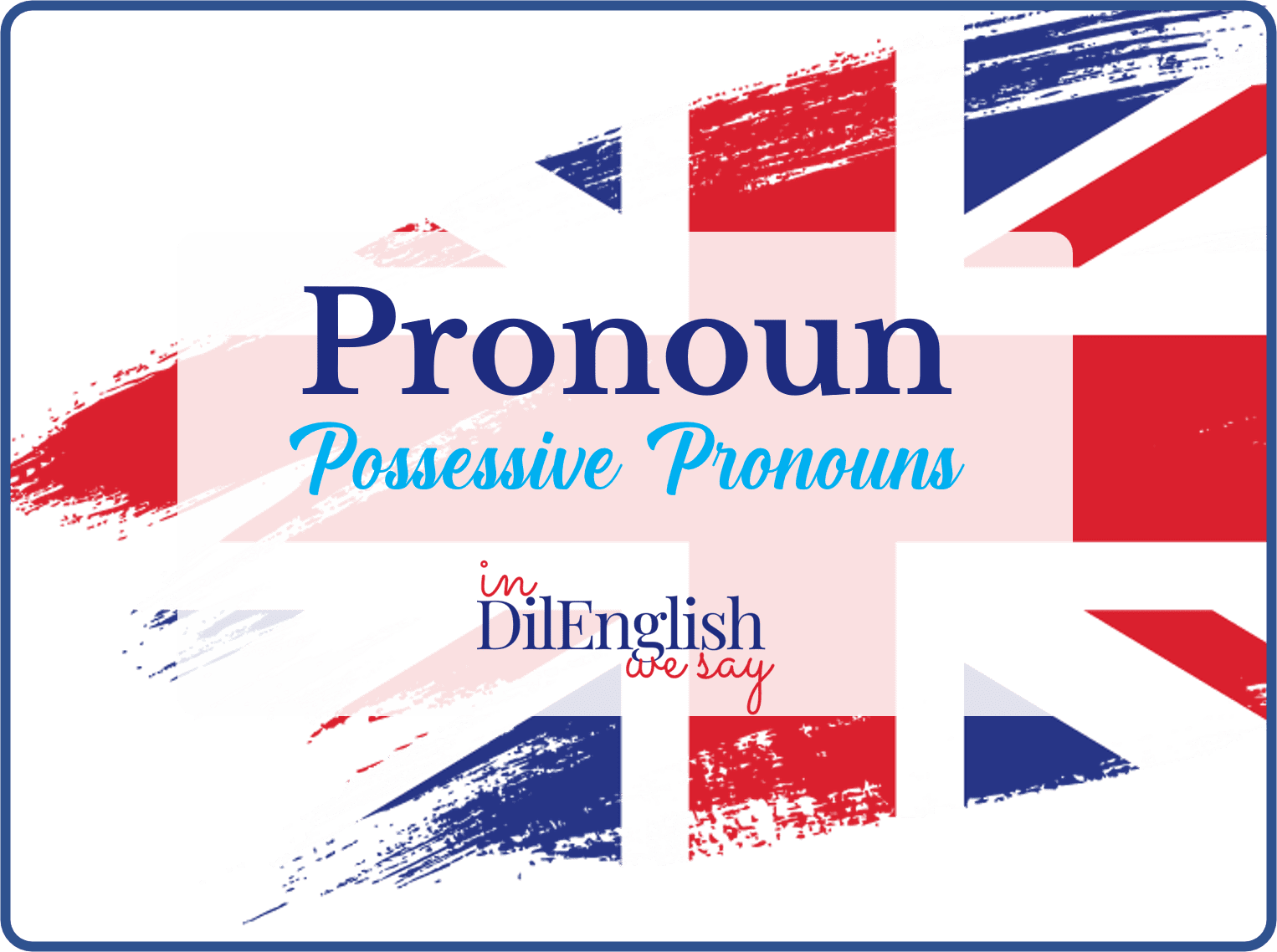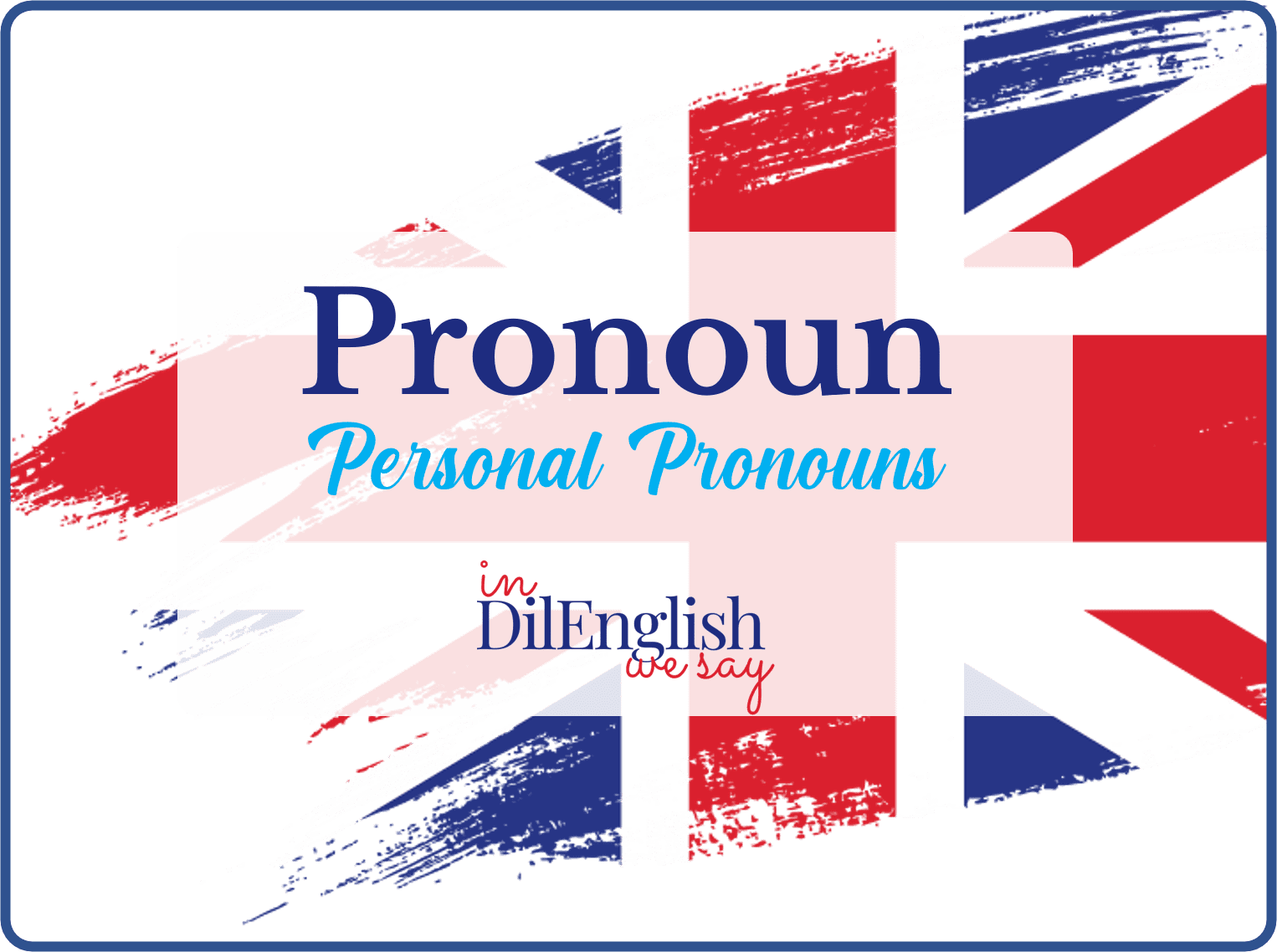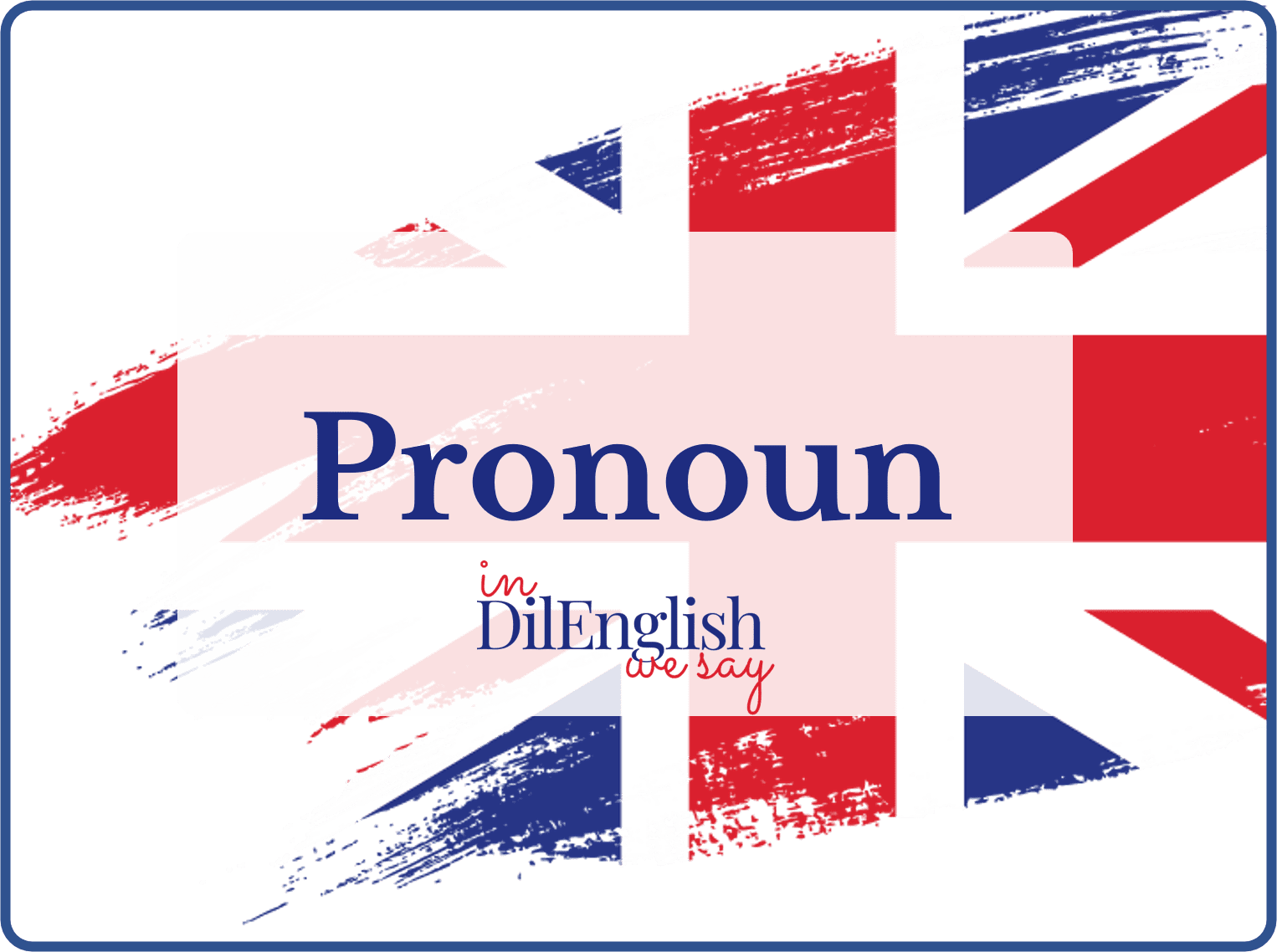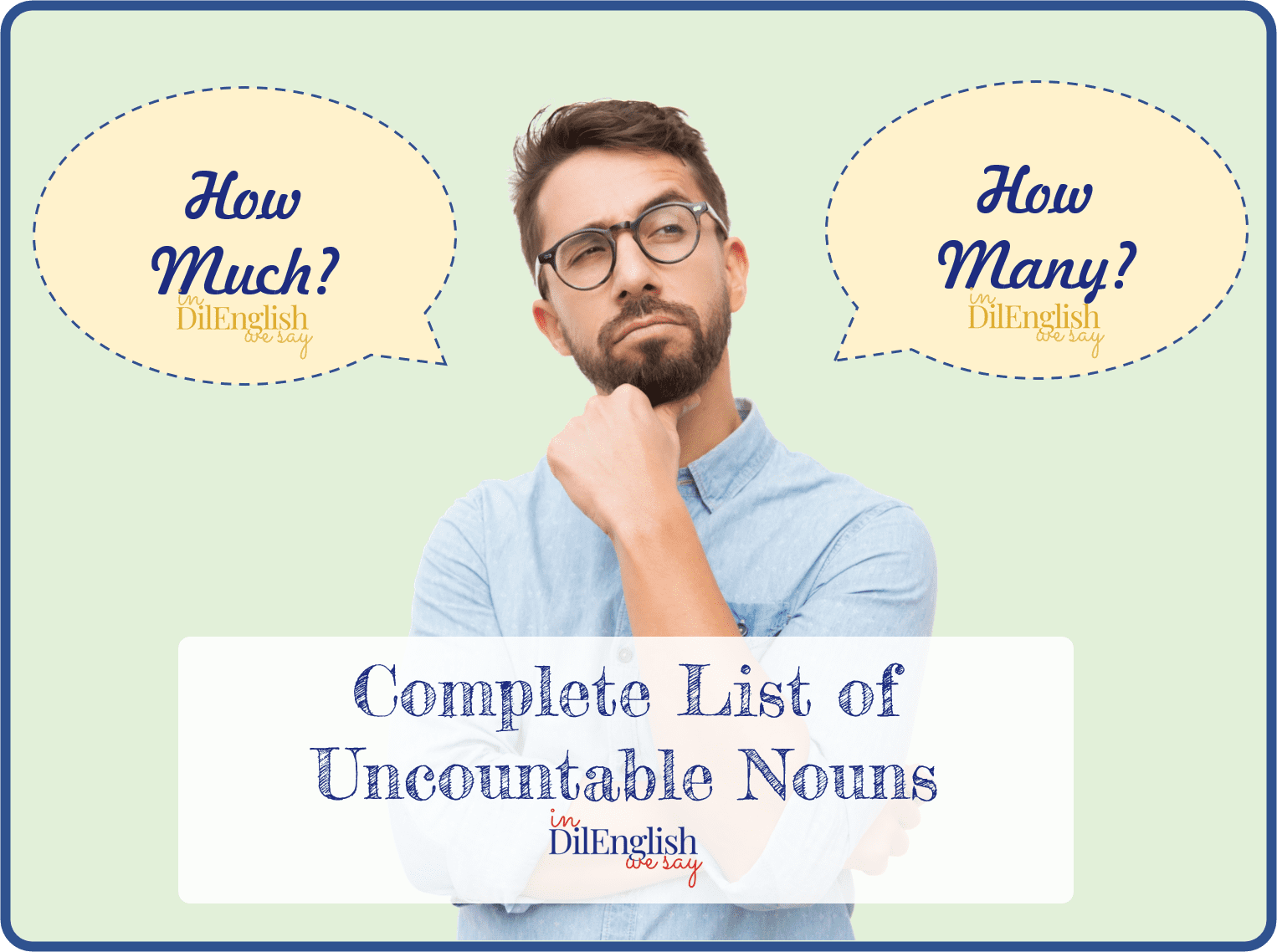Interrogative pronouns
Interrogative pronouns are used in inquiry, to form special questions. They are: who, whose, what, which.
Demonstrative pronouns
The demonstrative pronouns are this, that, such, (the) same.
Relative pronouns
Relative pronouns (who, whose, which, that, as) not only point back to a noun or a pronoun mentioned before but also have conjunctive power.
Conjunctive pronouns
Conjunctive pronouns point back to some person or thing mentioned before.
Possessive pronouns
Possessive pronouns indicate ownership.
Personal Pronouns
Personal pronouns refer to specific persons or things.
Pronoun
A pronoun is a word used in place of a noun. The pronoun is a part of speech that points out objects and their qualities without naming them. A pronoun is usually substituted for a specific noun, which is called it's antecedent.
Complete List of Pronouns
Complete list of Personal Pronouns, Possessive Pronouns, Reflexive Pronouns, Interrogative Pronouns, Indefinite Pronouns, Demonstrative Pronouns, Negative Pronouns, Reciprocal Pronouns, Defining Pronouns
Complete list of Uncountable Nouns
Complete list of Uncountable Nouns as well as Nouns that can be Countable and Uncountable at the same time.
Both Noun and Verb words
These are words that can be used both as Nouns and Verbs. So do not be surprised when somebody eyes you, or police back one another.

